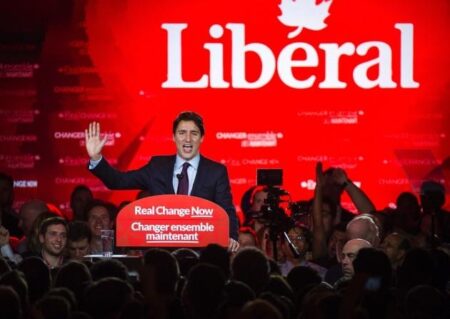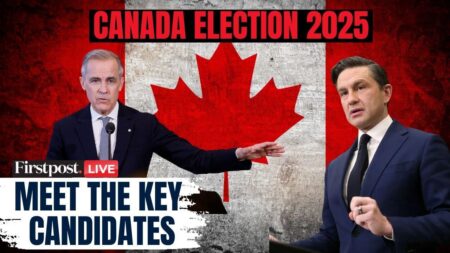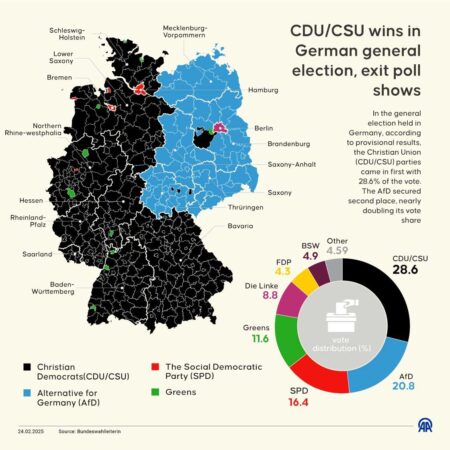Watch: Did Musk tip the scales in Trump’s re-election? This BBC report explores Elon Musk’s remarkable influence on voter sentiment and social media chatter throughout the 2024 presidential race, revealing the claims about how he may have shaped the final outcome
Browsing: election analysis
Spain’s recent electrical blackout has sparked a renewed debate on energy reliability, casting a spotlight on Virginia’s upcoming elections. As voters become increasingly concerned about avoiding similar disruptions, candidates will likely find themselves under the microscope regarding their energy policies. The pressure is on to present innovative solutions that ensure a stable and dependable power supply.
In the recent Australia federal election, Peter Dutton encountered a major setback, as he lost crucial constituencies in his traditional stronghold. This unexpected shift highlights evolving voter sentiments and presents new challenges for the opposition leader as he navigates his future strategies.
Recent electoral setbacks for conservative parties in Australia and Canada have unveiled intriguing parallels. Voter frustration over critical issues like climate policy and economic management is driving a significant shift in political loyalties, compelling right-leaning leaders to engage in urgent self-reflection.
In a remarkable political twist, the Liberal Party of Canada has triumphed over a conservative leader whose rhetoric resonates with that of Donald Trump. This victory not only sets them apart from the challenges currently confronting American Democrats but also showcases innovative strategies that could potentially reshape U.S. political landscapes.
As Canada gears up for its election, all eyes are on Mark Carney, who is now under intense scrutiny regarding his experience in China. Critics are quick to point out that his connections to Beijing could be a significant liability. With his background as the former governor of the Bank of Canada, many are questioning how these ties might influence his views on crucial national issues.
In the recent US election, young men demonstrated a significant shift towards Trump and conservative ideals, raising questions about similar trends in Australia. Analysts are now examining whether this growing alignment could impact the current political landscape down under.
As the Canadian elections approach, recent polls indicate a tightening race between Mark Carney and Pierre Poilievre. Analysts suggest Carney’s economic background may resonate with voters, but Poilievre’s established base presents a formidable challenge.
In the wake of Germany’s recent elections, the CDU/CSU and SPD are set to commence preliminary talks aimed at forming a potential coalition government. These discussions mark a crucial step in shaping the country’s political landscape following a tightly contested vote.
The recent German election has stirred political dynamics, revealing key trends: increased voter fragmentation, the rise of green policies, diminished support for traditional parties, a focus on climate action, and the enduring power of coalition governance.
The recent German election has exposed deep-seated divisions within the country, as parties grapple with issues like immigration and climate policy. Analysts warn that these rifts could redefine German politics and challenge coalition stability moving forward.
In a significant electoral shift, German conservatives celebrated a substantial victory, while the far-right party achieved historic success. This outcome reflects growing support for nationalist sentiments, reshaping Germany’s political landscape.












